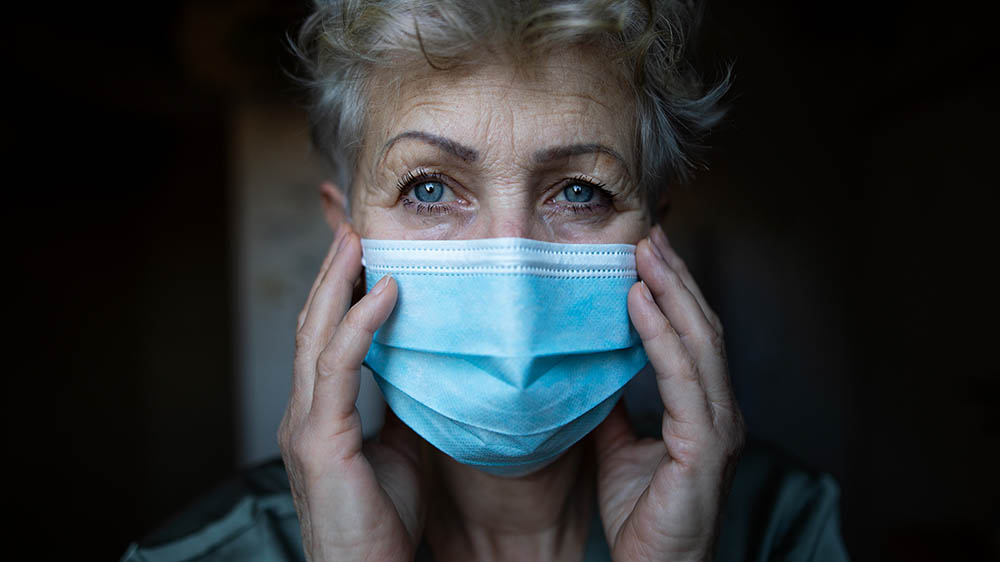Mental Health Awareness Week is a great time to start having conversations about the subject of mental health, whether that’s with your family, friends or even your colleagues.
We spoke to Encore Envelopes’ Human Resources Manager, and Mental Health First Aider, Ailsa McConnell about the impact of COVID-19, why she believes it’s important we take care of our mental health and her top tips for supporting each other.
How do you believe the COVID-19 crisis has impacted employees’ and employers’ mental health and wellbeing?
It has had a massive impact – the uncertainty of how long the pandemic will continue for and how it is bearing upon daily life has severely impacted all of us.
What is Encore doing to ensure its employees’ mental health and wellbeing are being supported?
Encore encourages all employees to communicate any difficulties they may be having with their line managers. We have an Employee Assistance Programme in place which is confidential for staff to access and provides various levels of support as needed.

Why do you believe it’s important that we take care of our mental health and wellbeing?
So often mental health and wellbeing is forgotten or is low on the list of priorities. Mental health has negative connotations, but we all need to undertake regular checks to ensure that we have good mental health, just like we would our physical health.
Do you have any key advice to help employers care for their employees’ mental health and wellbeing during these trying times?
Communication is vital. If employers are concerned about any of their staff, they must open an encouraging line of communication, which includes listening, so that the employee feels valued.
Employees will only open up to someone they trust to help them, so you must consider who is the best person for members of staff to speak to, should they need any help.
How can employees boost the mental health and wellbeing of those who are furloughed?
Try to keep in a routine – albeit an adapted one to normal.
Ensure you exercise regularly as the endorphins that are released naturally make you feel better.
It’s important to maintain a healthy diet but also allow yourself some treats every once in a while, we all need a little boost. Also remember to not be hard on yourself if you are not being as productive as you think you should be, everyone is dealing with this pandemic in their own way.
Do you have any top tips on what employees could do to boost their mental health during this difficult time?
Setting up regular chats with friends and family is a good way to voice your concerns and worries. Talking about a problem with people invites solutions, which can ease anxiety levels – a problem shared is a problem halved!
Strike the right balance for you when following the news coverage relating to the COVID-19 outbreak. Too much information and you may feel overloaded and stressed. However, not following the news at all may cause similar reactions. It is okay to find the right balance for you.
Are there are particular signs someone should look out for which would indicate they, or a colleague, are suffering from mental health issues?
There is not a quick answer or solution to this question! There are numerous ways that someone could be suffering from poor mental health with varying levels of symptoms displayed.
Basic signs may include behavioural changes, constantly fatigued, alcohol or drug abuse. Dramatic changes to any of these signs may point towards poor mental health.
However, given the current global situation, it is natural to expect people to act out of character. The key is to consider if it is a natural reaction or something that needs investigating further. Early intervention for someone with mental health issues can make a vast difference to their recovery.
There is lots of help and support available to anyone who is suffering from poor mental health. The Mental Health Foundation and The Mental Health First Aid England both have websites providing useful information and links which are easily accessible.


